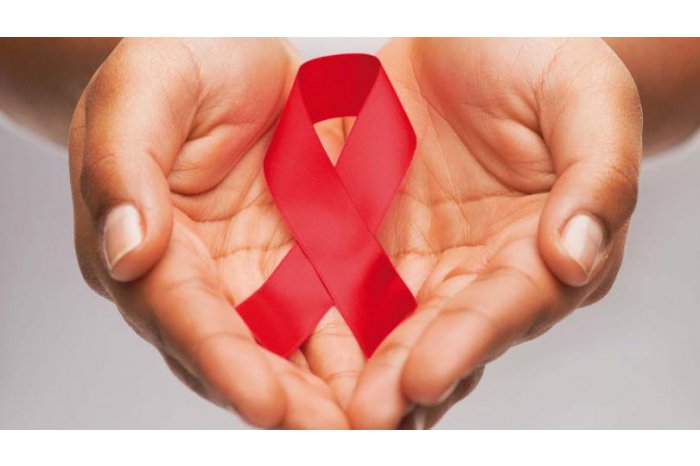Over 11,000 HIV-positive people registered in Moldova
13:29 | 01.12.2017 Category: Social
Chisinau, 1 December /MOLDPRES/ - Over 11,000 were registered and diagnosed with HIV/AIDS in Moldova in late 2016. At the same time, the diagnosis of HIV infection was confirmed in 614 persons in the first nine months of this year.
The World AIDS Day is marked all over the world on 1 December. A campaign titled, My Health – My Right! with the slogan, Test Yourself for HIV! It Concerns You! It Concerns Everybody! is held on this day. Also, the World AIDS Day is marked by the promotion of activities to prevent, test, treat, care people living with HIV and showing a tolerant attitude towards them.
The following events will be organized within the World AIDS Day: meetings with civil society organizations in the HIV/AIDS/ITS field, TV and radio marathons; cycles of topic-related programmes; actions of informing in schools, lyceums, gymnasiums, in students’ collectives and hostels; charity concerts, donations to persons with HIV/AIDS; contests with photos, round tables, etc.
A specialist at the National Public Health Centre, Nicolae Bordeniuc, has told MOLDPRES that the HIV tests can be carried out daily, free of charge at the health centres from Moldova. “The rate of the people making these tests is pretty high. The tests can be carried out as normal, when the results are presented on the second day and urgently, when the findings are offered during half an hour,” Bordeniuc said.
To minimize HIV’s consequences, by reducing the transmission, Moldova’s government approved a national programme on the prevention and control of the HIV/AIDS infection and sexually transmitted infections for 2016-2020.
At the same time, the Health, Labour and Social Protection Ministry, health institutions, jointly with public authorities and civil society carry out activities of prevention, education, communication, treatment, care and support.
To identify and early diagnose the HIV infection, accessing to HIV testing is extended through testing offered by medical institutions and NGOs. For the key population, projects on reducing risks are implemented, including substitution therapy with methadone. People living with HIV are provided antiretroviral treatment free of charge and have access to medical, social assistance services. Also, competent persons carry out measures aimed at diminishing the discrimination and ensuring confidentiality in the health sector.
The HIV infection affects young persons with reproductive age, able to work, with the sexual transmission maintained at a high level. This represents a priority public health problem, both globally and nationally. According to data by the Joint United Nations Programme on HIV/AIDS, 76.1 million persons were infected with HIV and 35 million died of AIDS-related diseases since the beginning of the epidemic.
(Reporter A. Ciobanu, editor M. Jantovan)

